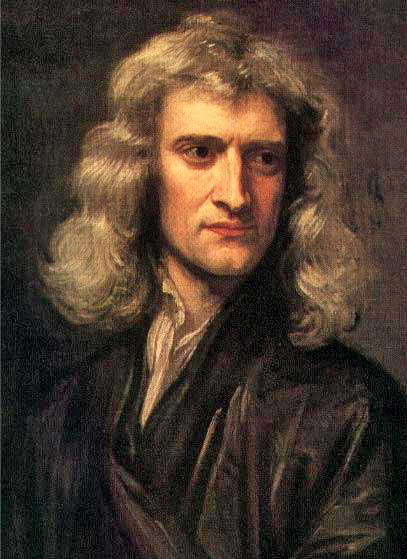
See Newton’s law of gravitation Newton’s laws of motion.
- English mathematician and scientist. He invented a form of calculus and formulated principles of physics that remained basically unchallenged until the work of Albert Einstein, including the law of universal gravitation, a theory of the nature of light, and three laws of motion. His treatise on gravitation, presented in Principia Mathematica (1687), was in his own account inspired by the sight of a falling apple.
An English scientist and mathematician of the seventeenth and early eighteenth centuries. Newton made major contributions to the understanding of motion, gravity, and light (see optics). He is said to have discovered the principle of gravity when he saw an apple fall to the ground at the same time that the moon was visible in the sky. He also invented calculus. (See Newton’s laws of motion.)
 Liberal Dictionary English Dictionary
Liberal Dictionary English Dictionary